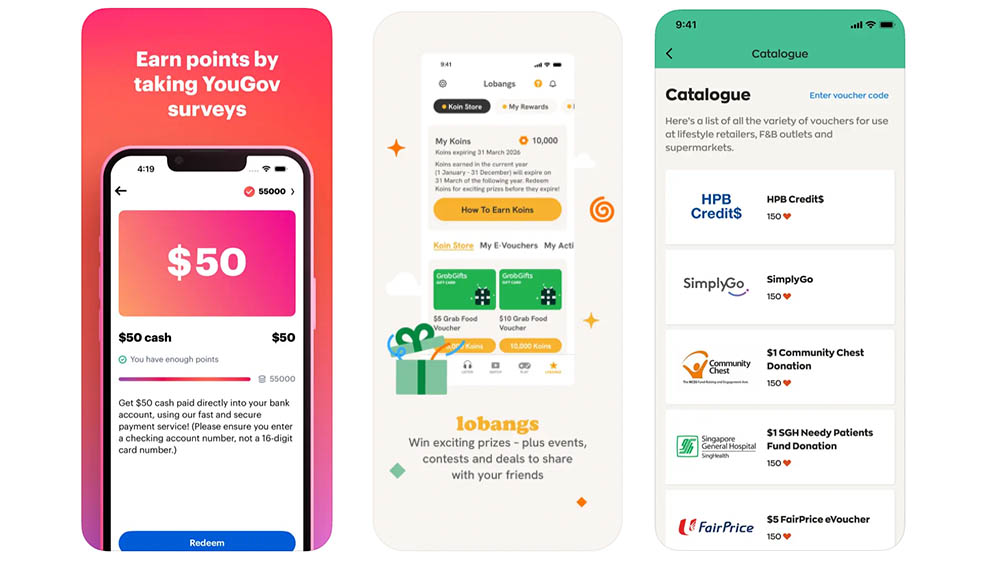I Waited Too Long to Teach My Kids About Budgeting. Here’s What It Cost Us
Like it or not, money impacts just about every aspect of our adult lives, so you’re not doing your children any favours by not teaching them about budgeting and money issues from a young age. But in some families, talking about money and finances is often still not discussed openly. Children observe and soak up everything, including how you use and talk about money, so parental (family) attitudes and habits toward spending and saving will have a direct impact on their attitude to money in the future.
Read through some of my mistakes that you might want to steer clear of, when teaching your young ones about money management:
It cost us the chance to build good habits early
By now, you would have read enough literature that says that by the time they turn three years old, children have already achieved 80% of their brain growth. This is the first mistake I made when teaching (rather not teaching) my kids about money. While I was thrilled that they were able to learn basic numbers and counting around the age of two, it never occurred to me to take it further, as all research indicated. For instance, a study from Cambridge University states that kids are already able to grasp basic money concepts between the ages of 3 and 4. I thought that it was more important to nail the basic letter and numbers concepts while they were toddlers, and that money talk could wait till they were teens. But by age 7, basic concepts relating to future financial behaviors will typically already have developed in young children, so you might have missed the best opportunity to teach.
We often ‘protect’ our children too much by thinking that they aren’t ready for something. But in reality, that’s just a reflection of our own feelings, rather than an accurate measure of the child’s aptitude.
 IMAGE: 123RF
IMAGE: 123RF
It cost them the lesson that money must be earned
We all harp on about the importance of raising independent, responsible children. While many of us start off our parenthood journeys with the best intent to teach our kids that ‘money has to be earned through work and it doesn’t simply grow on trees’, sometimes doing the ‘child-friendly’ chores yourself is just easier and faster than running after your toddler to get the job done.
I’ll admit that trying to get the kids to do something as simple as cleaning their toys with soap and water for $2 each would usually ended up in a water fight, without the toys actually getting cleaned! Super fun and lots of giggles, but it took away from the important message of ‘If I do this work, then I’ll earn money,’ because then I would just do the job myself to get it done.
Please don’t make the same mistake I made. Hold your child accountable for getting the job done and doing it right. We all need to work as adults to earn a living and to be able to provide for our families, and the sooner we can instill that in our children, the better off they will be for it.
It cost them a clear picture of how money works
Instilling the habit of saving from a young age is one of the best lessons you can teach your children, but also help them understand why. ‘Because I said so’, doesn’t cut it anymore as the explanation we give children about having to do something. We have to model the habit, not just lecture them about it.
While I thought they were understanding my talks about saving money because I was saying the right words, my mistake was that I forgot that most money management happens virtually - either on our mobile phones thanks to banking apps, or by swiping a credit card or NETS for everything, which means that they didn’t get to physically see an exchange of physical cash and how you I was managing my limited finances. They didn’t understand how much I was spending and how much I was putting away into savings.
So to physically show them how to save and spend, I found that setting up two money jars for their allowances (one for savings and one for spending), was the easiest way to practically teach them the importance of putting away some money for the future while still having enough to spend within a budget.
 IMAGE: 123RF
IMAGE: 123RF
It cost us valuable teaching moments
If, like me, you’re thinking that there is no way you can have an intelligent conversation about this topic with your toddler, think again!
In my head, there was no way that the kids would understand all this, and instead of including them in small (safe) purchases, I tried to do everything on my own.
Big mistake! Not only did my kids take it as a challenge to find the best value for their money, but they were actually very responsible when I finally did get around to explaining the two concepts to them.
For instance, spending on twins means shelling out double the money at the same time (on usually the same thing). So for birthday parties, instead of getting two sets of everything for the goodie bags, the twins understood the concept of having only ‘X’ amount of money to spend on each bag, and then figuring out what their friends would like the most within that budget. Instead of buying a really famous (read: expensive!) brand of simple colour pencils, they thought of the value vs. price, and gifted their friends a more affordable brand of equally perfect colour pencils instead. WIN-WIN! Likewise, if they found an equally good, but cheaper alternative thanks to a sale, it was a great teaching opportunity about looking for lower prices and saving more.
It cost them a sense of limits
Following on from the point above, we all want our children to be happy and content, but one of my most common mistakes was saying ‘yes’ to everything they asked for. Sounds so dumb now, doesn’t it?
It didn’t have to be an expensive purchase, but when you’re teaching your child about money and budgeting, it’s important to teach them that $1 here or $2 there doesn’t seem like much at first, but can very quickly add up by the month end.
By not being accountable to the established budget rules, I was sending across the wrong message about entitlement and instant gratification. Instead, use the moment to help reinforce the difference between wants and needs, living within your means and how to save for what you really need or for something special.
For the latest updates on Wonderwall.sg, be sure to follow us on TikTok, Telegram, Instagram, and Facebook. If you have a story idea for us, email us at [email protected].











